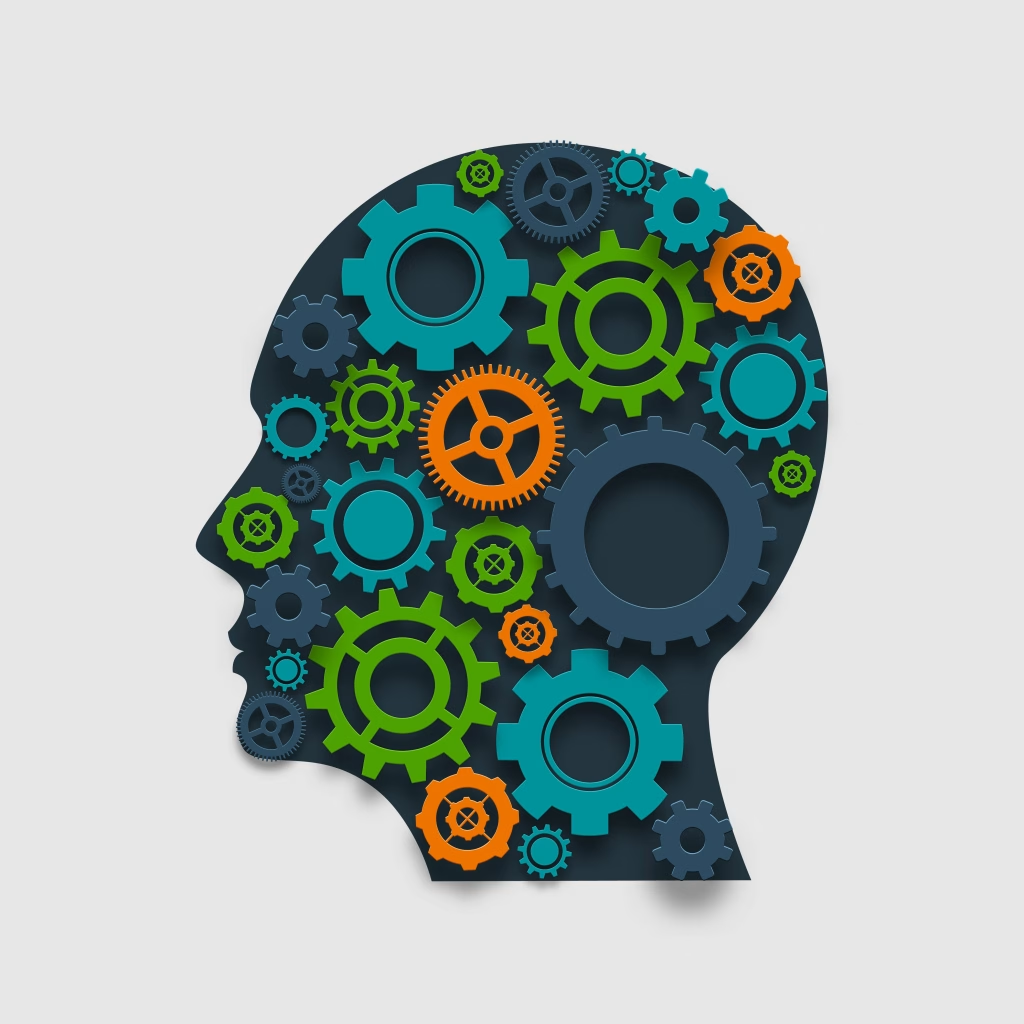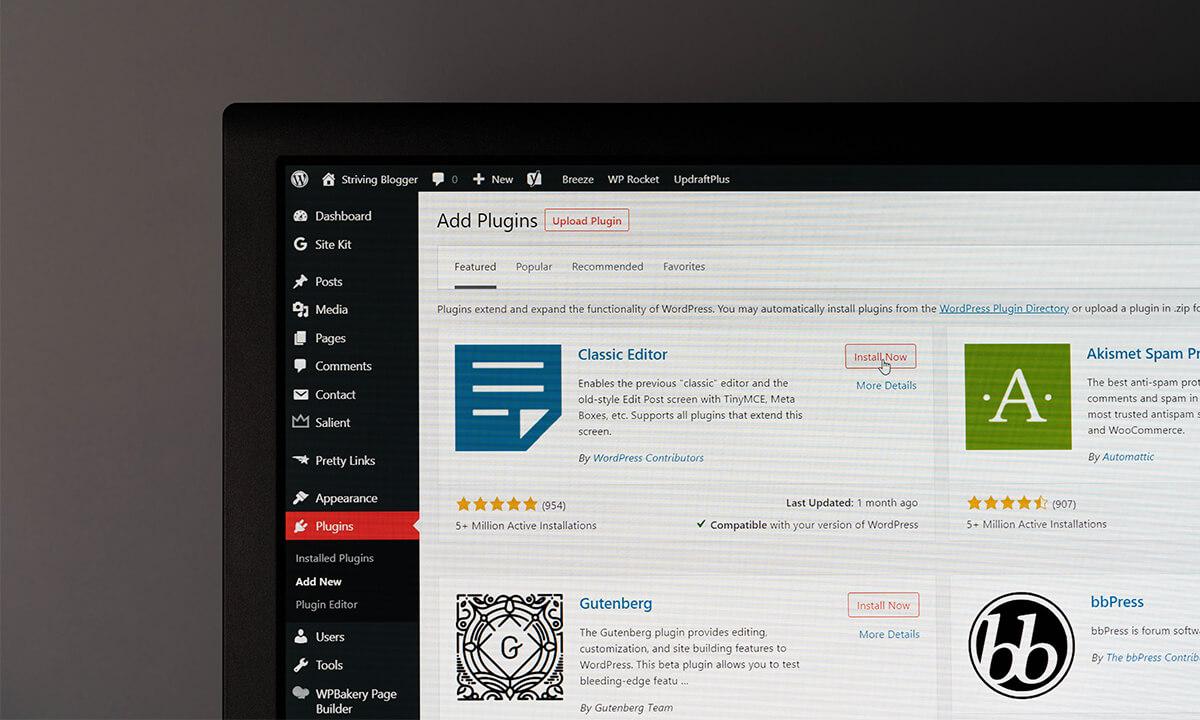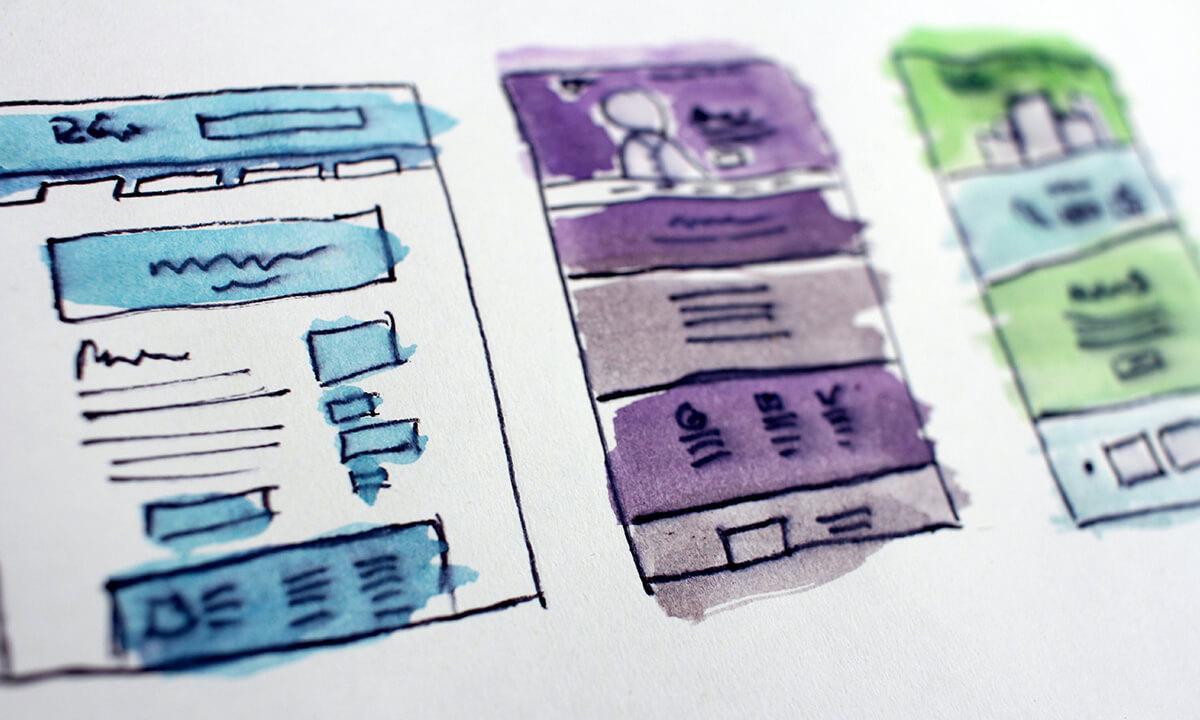The Science of Trust: How to Build Stronger Business Connections
Ever wondered why some businesses effortlessly win hearts and loyalty, whilst others struggle to make meaningful connections? The answer lies in something surprisingly simple yet deeply powerful: the science of trust.
Here’s the thing: in today’s AI-driven world, having a strong online presence isn’t enough. Whilst websites, social media profiles, and digital strategies are essential, research shows that 88% of consumers say trust is critical in their buying decisions. Yet many businesses struggle to create experiences that truly resonate with their audience.
But here’s where it gets fascinating: neuroscience reveals that building trust isn’t just about gut feelings or first impressions. It’s a complex dance of brain chemistry, neural pathways, and psychological triggers that can transform your client relationships and digital presence.
Want to know how to tap into this hidden power? Let’s dive into the science of trust and discover how it can revolutionise your business connections.
In this article:
Why Trust Matters More Than Ever
Trust is the foundation of successful interactions—whether you’re communicating online or face-to-face. Recent studies from the University of Oxford’s Digital Ethics Lab show that in the age of AI and deepfakes, trust has become even more crucial for business success.
When trust is established, your clients and audience are more likely to:
- Recommend you to others.
- Engage meaningfully with your content.
- Choose your services over competitors.
- Stay loyal to your brand.

The Trust Crisis in Modern Digital Society
Here’s a sobering stat: According to Edelman’s 2024 Trust Barometer, only 48% of people trust businesses in the UK. This trust deficit is particularly pronounced in the digital space, where:
- 73% of UK consumers worry about fake reviews.
- 62% are concerned about data privacy.
- 58% question the authenticity of online content.
However, there’s good news. Our research shows that businesses that actively build trust see remarkable results:
| Impact of Trust on Business | Statistical Impact |
|---|---|
| Customer Retention | +88% higher |
| Brand Advocacy | +38% more likely |
| Purchase Likelihood | +62% increase |
| Revenue Growth | +2.5x faster |
The Brain’s Trust Mechanisms

Understanding how the brain builds trust can help shape better experiences online and offline. Research from University College London’s Institute of Cognitive Neuroscience highlights three key mechanisms:
- Oxytocin Release
- Known as the “trust hormone”.
- Increases by 47% during positive digital interactions.
- Peaks during video calls compared to text-only communication.
- Prefrontal Cortex Activation
- Evaluates credibility within 200 milliseconds.
- Processes digital trust signals similarly to face-to-face interactions.
- More active when viewing consistently branded content.
- Amygdala Involvement
- Forms snap judgments in just 50 milliseconds.
- 78% more active when assessing new websites.
- Strongly influenced by visual design elements.
Read also: Cognitive biases in SEO
Neuroscience-Based Strategies to Build Trust
1. Create Positive First Impressions
You have just 50 milliseconds to make a good first impression online. Here’s how to maximise that time:
- Use professional, intuitive website design.
- Ensure load times under 2 seconds (Google’s recommended threshold).
- Implement clear navigation and engaging visuals.
2. Be Consistent in Your Messaging
Consistency across channels increases trust by 31%. Focus on:
- Regular, reliable communication patterns.
- A unified brand voice across all platforms.
- A consistent visual identity.
3. Leverage Familiarity
The “mere-exposure effect” shows that familiar brands are trusted 43% more than unfamiliar ones. Build recognition through:
- Strategic content calendars.
- Regular social media presence.
- Consistent brand touchpoints.
4. Offer Immediate Recognition
Acknowledging client achievements builds rapport and activates trust-building neural pathways. Use tools like personalised messages or automated recognition for milestones.
5. Showcase Your Expertise
Educational content doesn’t just inform—it establishes credibility. Examples include:
- Case studies that highlight real results.
- Guides and resources that solve common challenges for your audience.
6. Build Trust in Online Interactions
Seamless, user-friendly websites and trust signals—like certifications, reviews, and testimonials—go a long way in shaping perceptions.
Looking for the right SEO partner? This article provides insights on choosing a reliable SEO expert to help your business grow.
Building Trust in Client Relationships

For businesses, particularly in London’s competitive market, trust must extend to personal interactions. Here’s how neuroscience offers valuable insights:
1. Practise Active Listening
Empathy activates mirror neurons, fostering deeper connections. Active listening increases client trust by up to 47%.
- Reflect your clients’ concerns authentically.
- Ask thoughtful follow-up questions.
- Demonstrate understanding through meaningful responses.
- Use video calls when possible – they trigger 32% more trust signals than phone calls.
2. Empower Clients
Clients who feel empowered are more likely to maintain long-term relationships:
- Collaborate by presenting clear options.
- Provide actionable steps and roadmaps.
- Include clients in key decision-making processes.
- Share regular progress updates and insights
3. Be Transparent
Transparency reduces scepticism. Share progress openly, admit mistakes, and clearly communicate solutions.
56% of customers will be loyal to a company for life if it provides complete transparency.
INC.COM
4. Activate Oxytocin
Small acts of kindness, like personalised thank-you notes, trigger oxytocin release, strengthening relationships.
Why Trust Transforms Digital Success
Trust is the invisible currency of the digital world. A trusted brand or website leads to:
- Higher engagement and conversions.
- Loyal, repeat clients.
- Enhanced brand reputation.
At Agile Digital Agency, we help businesses like yours build credibility online. Through cohesive digital strategies, expert web design, and SEO, we create trust-driven experiences that drive measurable results.
Final Thoughts
Trust is the cornerstone of success—whether you’re looking to strengthen client relationships or build a robust online presence. By applying neuroscience principles, you can foster meaningful connections, improve user experiences, and achieve your business goals.
Ready to transform your online presence? Let’s build trust together—your clients (and their brains) will thank you. Get in touch today.
Agile is an independent Digital Marketing Agency headquartered in London, specialising in web design and search engine optimisation. Our proficiency is underscored by several HubSpot Certifications, and we take pride in being recognised as a 2023 Global Award Winner for SEO by Clutch. At the heart of our success lies a team that seamlessly navigates the intersection of technology and marketing, ensuring innovative and impactful solutions for our clients.
Related
Articles


